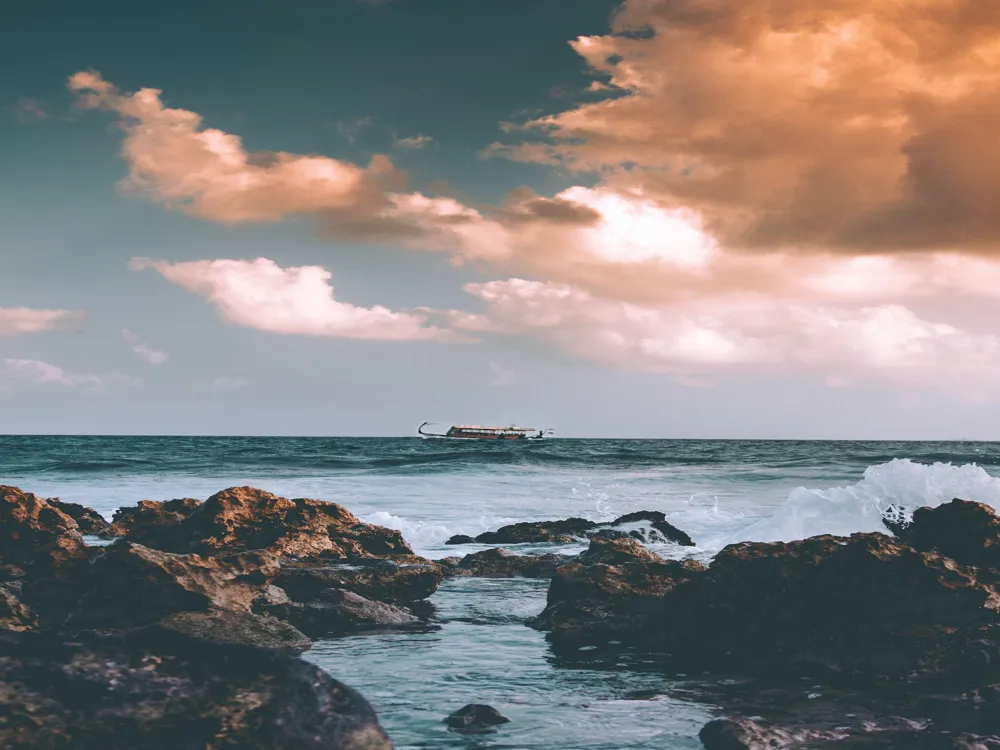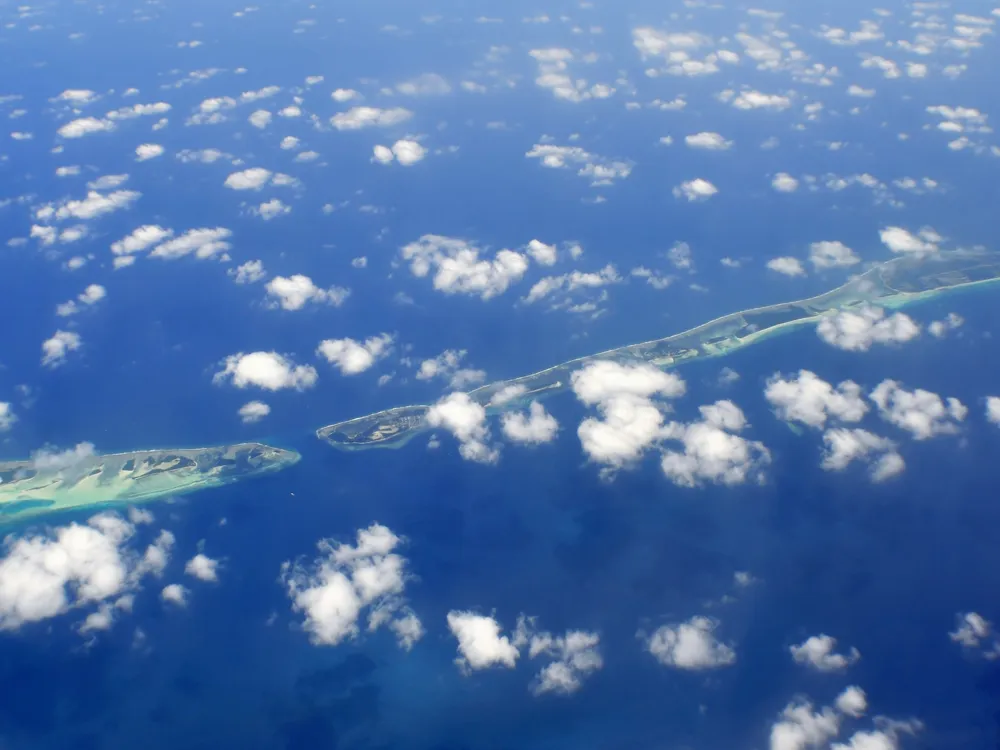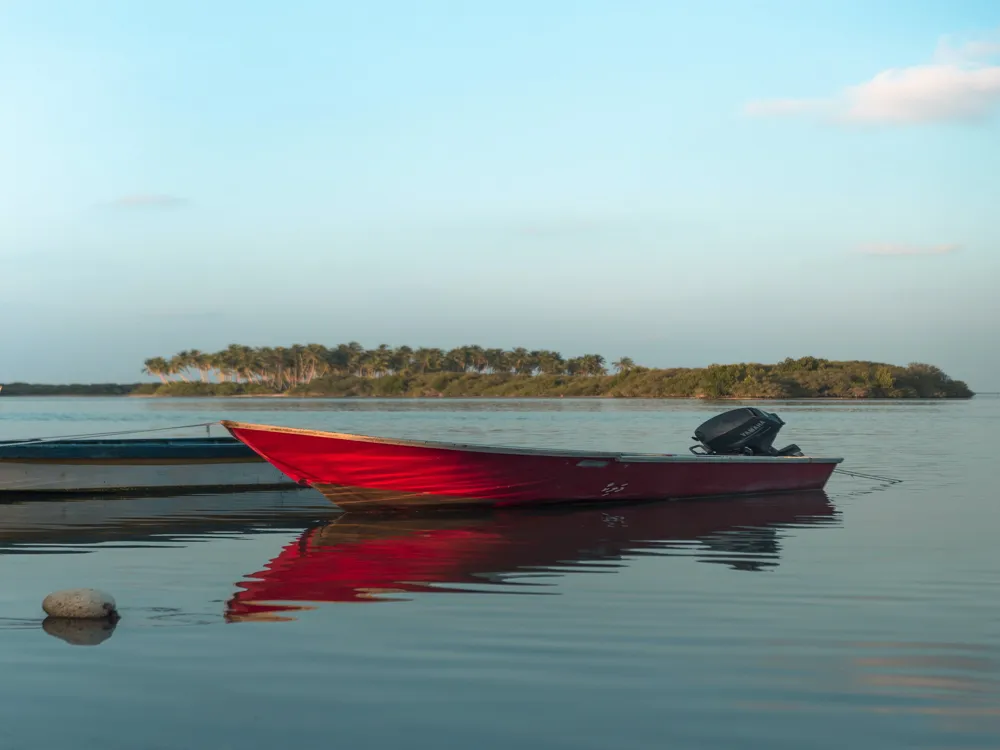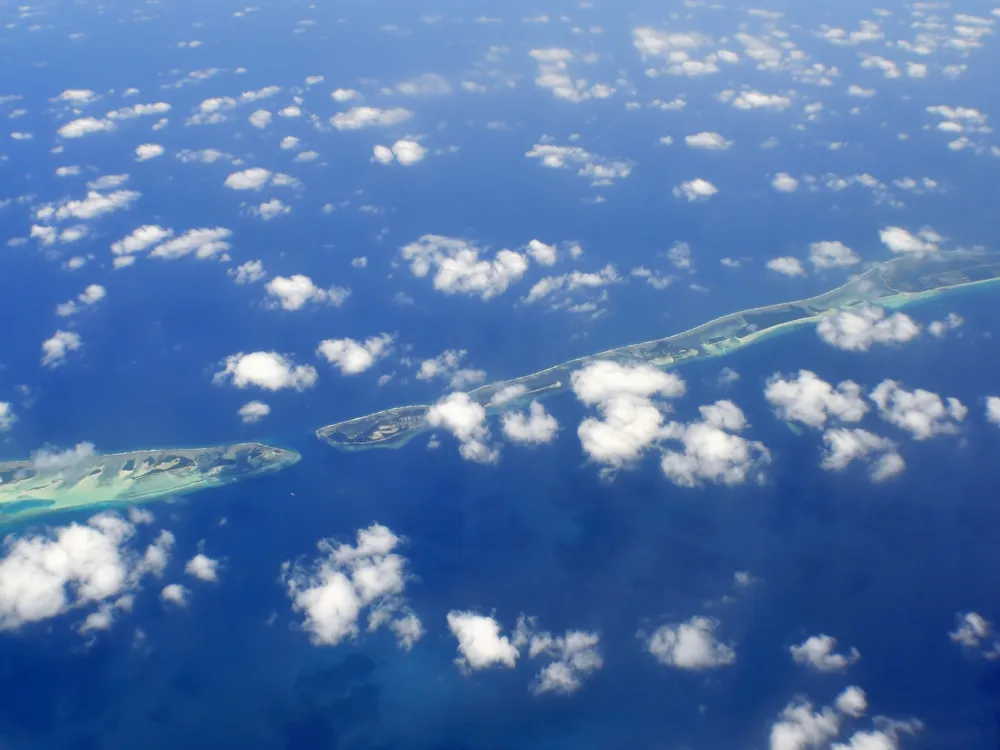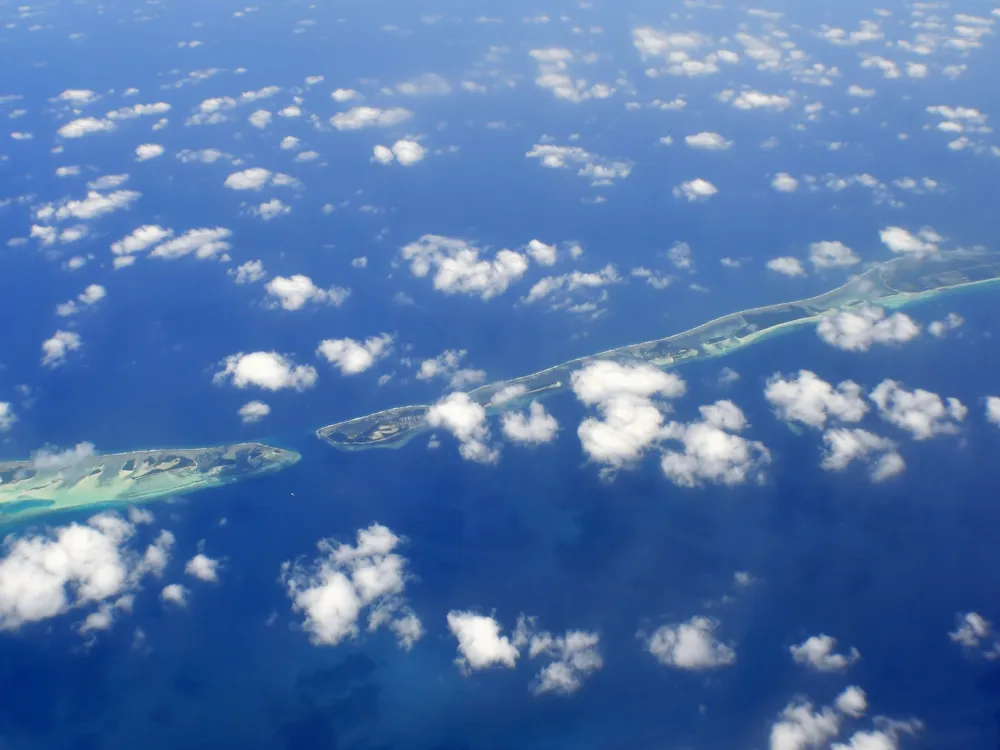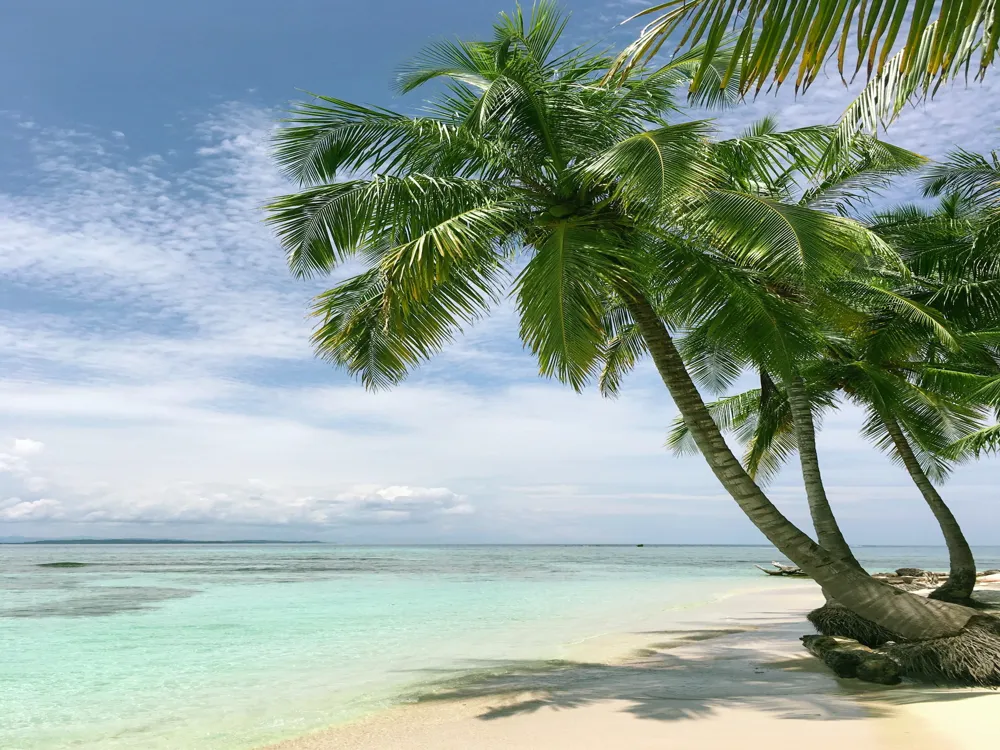Nestled in the azure waters of the Maldives, Alimatha Island is a true gem of the Indian Ocean. This breathtaking destination, part of the Vaavu Atoll, is renowned for its crystal-clear waters, vibrant coral reefs, and pristine beaches, making it an ideal spot for tourists seeking a blend of adventure and relaxation. The island's name, Alimatha, is derived from local folklore and resonates with the island's enchanting beauty and serene atmosphere. The history of Alimatha is as colorful as its marine life. It has been a crossroads for seafarers and a hub for cultural exchange for centuries. The island's rich past is reflected in its unique blend of South Asian influences, visible in everything from the local cuisine to the architectural styles. Today, Alimatha serves as a perfect getaway for those looking to escape the hustle and bustle of city life, offering a tranquil retreat with its overwater bungalows, lush vegetation, and unspoiled natural beauty. What truly sets Alimatha apart is its underwater world. The island is surrounded by some of the best diving spots in the world, attracting divers and snorkelers from all corners of the globe. The vibrant coral reefs are home to a dazzling array of marine life, including colorful fish, turtles, and even the occasional shark. For non-divers, the island offers a range of water sports and activities, ensuring that there's never a dull moment. Sustainability is a key focus of Alimatha. Efforts to preserve the natural beauty of the island and its surrounding waters are evident. From eco-friendly practices in resorts to conservation initiatives aimed at protecting the local marine life, Alimatha is a model for responsible tourism. Visitors are encouraged to partake in these efforts, ensuring that the island remains a paradise for generations to come. Alimatha's appeal extends beyond its natural wonders. The local culture is rich and inviting, with friendly inhabitants who are eager to share their traditions and customs. Guests can enjoy local music and dance performances, partake in traditional fishing trips, or relax and enjoy the island's laid-back rhythm. The architecture of Alimatha Island is a remarkable blend of traditional Maldivian styles and modern luxury. The island's buildings are designed to harmonize with the natural environment, featuring sustainable materials and respecting the delicate ecosystem. The overwater bungalows, a signature of Maldivian resorts, are particularly striking. These structures, built on stilts over the lagoon, offer breathtaking views of the ocean and direct access to the water. Traditional Maldivian architecture is characterized by its use of natural materials, such as coral stones and coconut timber. This is evident in many of the structures on Alimatha. The roofs are typically thatched with palm leaves, providing natural insulation and blending seamlessly into the tropical landscape. The interiors of these buildings are just as impressive, with spacious, open-plan designs that allow for natural ventilation and light. Modern architectural elements are also incorporated into the design of Alimatha's resorts. This includes the use of glass to create the illusion of space and openness, allowing guests to feel connected to the surrounding nature even when indoors. The resorts also feature contemporary amenities and luxuries, ensuring a comfortable and enjoyable stay for visitors. The design of the island's public spaces, such as restaurants and spas, is equally thoughtful. These areas are designed to provide a sense of community and relaxation, often featuring open-air settings that allow guests to enjoy the natural beauty of the island. The use of local art and motifs in these spaces helps to create a unique and authentic Maldivian experience. The architecture of Alimatha is not just about aesthetics; it also reflects a deep respect for the environment. Eco-friendly practices, such as using solar energy and water conservation systems, are integral to the island's design philosophy. This commitment to sustainability ensures that the beauty of Alimatha is preserved for future generations. When packing for Alimatha, lightweight and breathable clothing is recommended due to the tropical climate. Don't forget to bring swimwear, sunscreen, hats, and sunglasses for protection against the sun. It's also advisable to pack insect repellent and a basic first-aid kit. For those planning to dive or snorkel, bringing your gear can enhance your experience, although rentals are available on the island. The best time to visit Alimatha is between November and April, during the dry season when the weather is most favorable for outdoor activities and water sports. From May to October, the monsoon season can bring heavy rains and rough seas, which may impact diving and snorkeling conditions. Respect for local customs and etiquette is important. Dress modestly when visiting inhabited islands and religious sites. It's also courteous to ask for permission before taking photos of local people. Tipping is appreciated but not mandatory in the Maldives, and it's customary to remove shoes before entering someone's home or certain public areas. Staying hydrated is crucial in the tropical climate of Alimatha. It's also important to be cautious when swimming or engaging in water sports and to be aware of the strong sun exposure. Visitors should have comprehensive travel insurance that includes medical evacuation coverage, as medical facilities on the island are limited. Tourists are encouraged to be environmentally conscious. This includes avoiding touching or stepping on coral reefs, minimizing plastic use, and participating in any conservation efforts on the island. By respecting the natural environment, visitors help ensure the preservation of Alimatha's beauty. Reaching Alimatha Island is a journey that adds to the excitement of the destination. The island can be accessed via a seaplane or speedboat from Malé, the capital of the Maldives. The seaplane ride offers stunning aerial views of the atolls and is a quicker option, while the speedboat provides a more leisurely and scenic route. Both modes of transport offer a unique and memorable way to start your Alimatha adventure. Read More:Overview of Alimatha, Maldives
Architecture of Alimatha
Tips When Visiting Alimatha
Packing Essentials
Best Time to Visit
Local Customs and Etiquette
Health and Safety
Environmental Awareness
How To Reach Alimatha
Alimatha
Maldives
₹ 34,250 onwards
View maldives Packages
Maldives Travel Packages
View All Packages For Maldives
Top Hotel Collections for Maldives

Private Pool

Luxury Hotels

5-Star Hotels

Pet Friendly
Top Hotels Near Maldives
Other Top Ranking Places In Maldives
View All Places To Visit In maldives
View maldives Packages
Maldives Travel Packages
View All Packages For Maldives
Top Hotel Collections for Maldives

Private Pool

Luxury Hotels

5-Star Hotels

Pet Friendly







